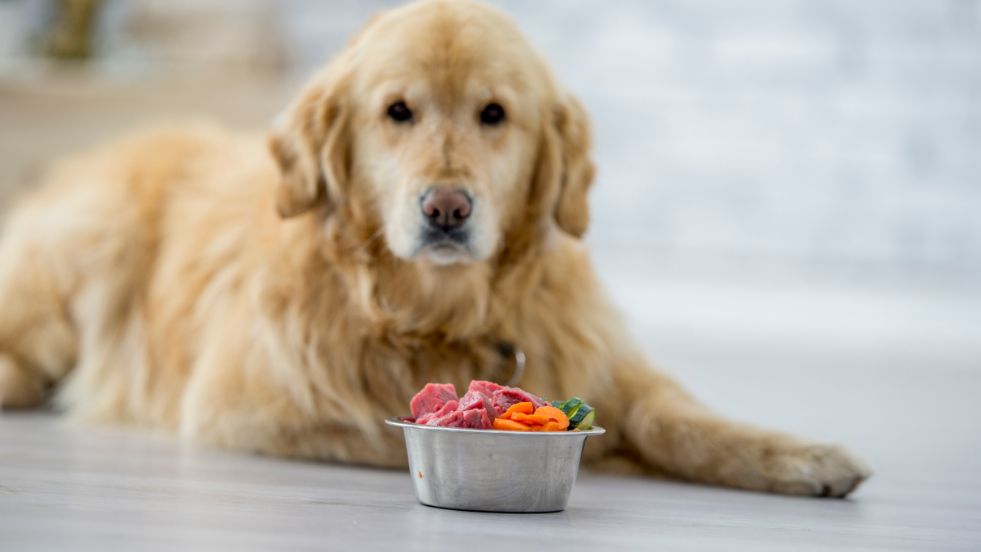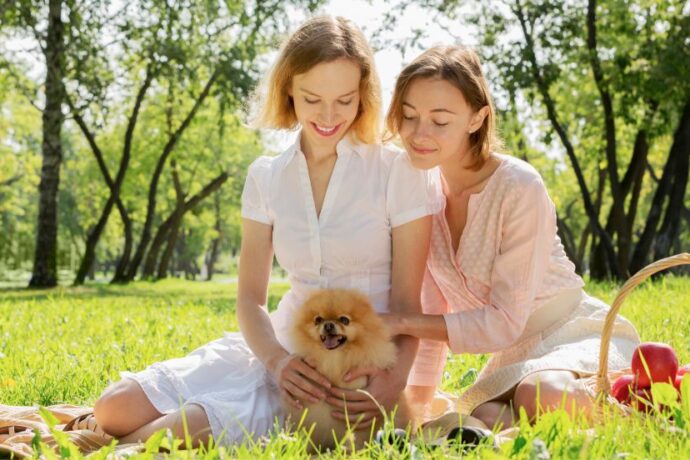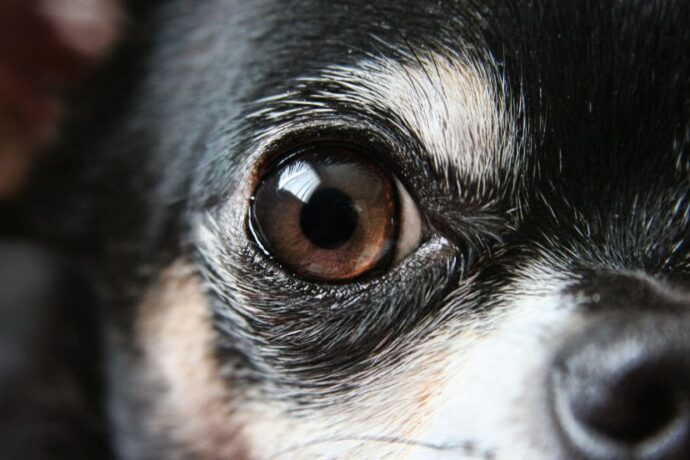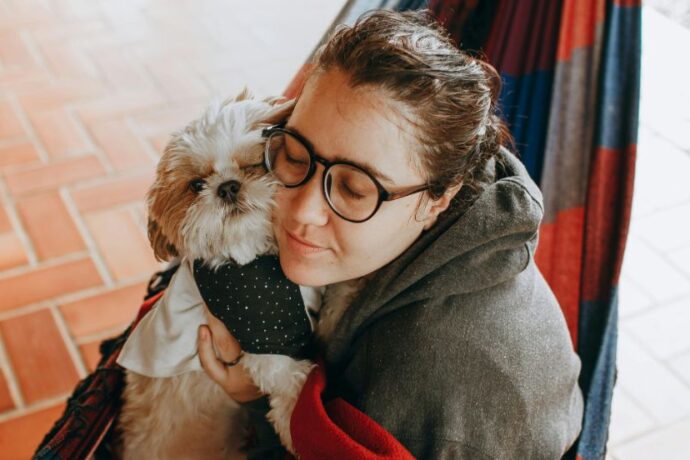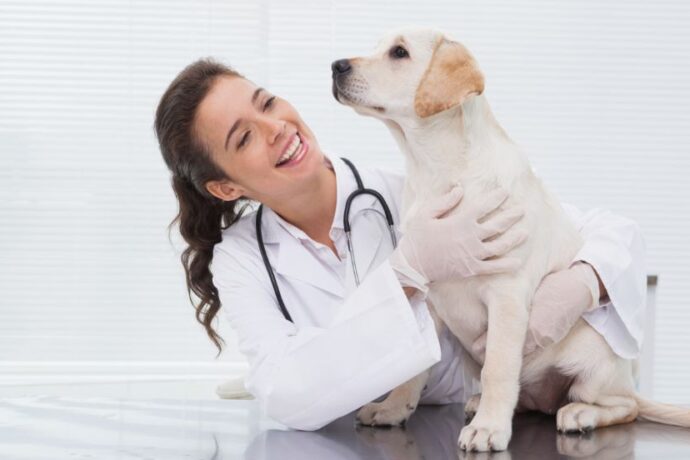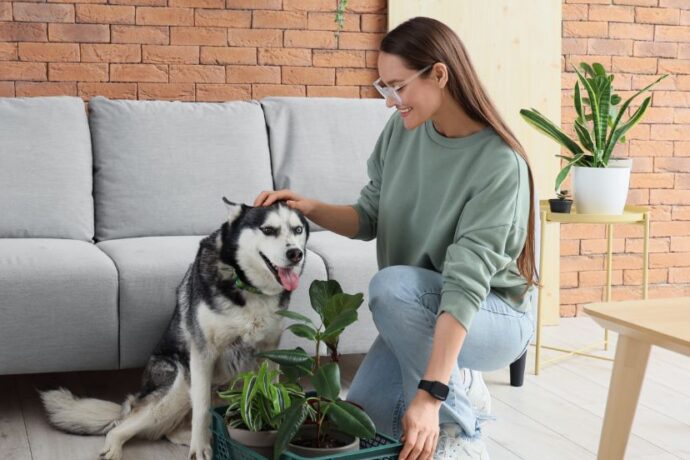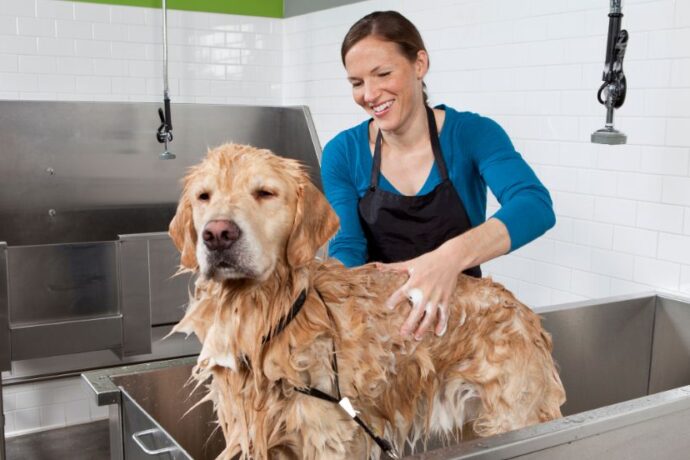Dogs are more than pets — they’re family. And when you’re enjoying a delicious meal, it’s tempting to share a little treat with those adorable puppy eyes staring back at you. But not all human foods are safe for your furry friend. In fact, some common snacks and ingredients can be toxic and lead to serious health problems.
Why Knowing About Toxic Foods Matters
A study published by the American Veterinary Medical Association (AVMA) revealed that nearly 10% of emergency vet visits are linked to pets consuming toxic foods. Many dog owners are unaware that seemingly harmless foods — even “healthy” ones for humans — can cause anything from mild digestive issues to life-threatening poisoning.
Understanding which foods are unsafe can help you protect your dog’s health and prevent accidental emergencies.
5 human foods you should never give your dog
1. Chocolate
Why it’s dangerous:
Chocolate contains theobromine and caffeine, both of which are toxic to dogs. Even small amounts can cause vomiting, rapid heartbeat, tremors, and seizures. Dark chocolate and baking chocolate are especially harmful because they contain higher concentrations of theobromine.
Scientific evidence:
According to the Pet Poison Helpline, chocolate toxicity is one of the most common causes of poisoning in dogs, leading to thousands of emergency cases each year (1).
2. Grapes and Raisins
Why it’s dangerous:
Grapes and raisins can cause sudden kidney failure in dogs, and the exact toxic compound is still unknown. Even a small handful can lead to lethargy, vomiting, dehydration, and reduced urine output.
Scientific evidence:
Research published in the Journal of Veterinary Internal Medicine found that some dogs develop acute renal failure after eating grapes or raisins, making them one of the most dangerous “healthy” snacks for pets (2).
3. Onions and Garlic
Why it’s dangerous:
Onions, garlic, and other alliums contain thiosulfates, which damage a dog’s red blood cells, leading to hemolytic anemia. Symptoms may not appear immediately, but can include weakness, pale gums, rapid breathing, and lethargy.
Scientific evidence:
The Merck Veterinary Manual highlights that onion and garlic poisoning can be dose-dependent — meaning even moderate amounts can pose serious risks over time (3).
4. Avocados
Why it’s dangerous:
Avocados contain persin, a natural compound that can cause vomiting, diarrhea, and stomach upset in dogs. While some dogs may tolerate tiny amounts, repeated exposure can lead to pancreatitis or toxicity in sensitive breeds.
Scientific evidence:
The ASPCA Animal Poison Control Center warns against giving dogs avocado flesh, skin, or pits, as persin concentrations can vary and affect different dogs differently (4).
5. Xylitol (Artificial Sweetener)
Why it’s dangerous:
Xylitol, a common sugar substitute found in sugar-free gum, candy, baked goods, and even peanut butter, is extremely toxic to dogs. It triggers a rapid insulin release, leading to severe hypoglycemia (low blood sugar) within minutes to hours. In some cases, it can also cause liver failure.
Scientific evidence:
The FDA reports a sharp rise in cases of xylitol poisoning as more pet parents unknowingly share sugar-free products with their dogs (5).
FAQs About Unsafe Human Foods for Dogs
1. What should I do if my dog accidentally eats something toxic?
A. Call your veterinarian immediately or contact the Pet Poison Helpline. Do not attempt home remedies without professional guidance.
2. Are small amounts of these foods safe?
A. Not necessarily. Even tiny portions of toxic foods like grapes or xylitol can be life-threatening for some dogs. It’s safest to avoid them entirely.
3. What are some safe human foods for dogs?
A. Some healthy options include plain boiled chicken, pumpkin, carrots, blueberries, apples (without seeds), and plain rice — but always introduce new foods gradually and consult your vet.
Final Thoughts
As much as we love sharing food with our furry companions, it’s important to remember that dogs’ bodies process food differently than ours. Foods like chocolate, grapes, onions, avocados, and xylitol can cause serious harm and, in some cases, be fatal.
When in doubt, stick to vet-approved dog treats and consult your veterinarian before introducing new foods into your pup’s diet. A little caution today can save you and your furry friend from unnecessary pain, stress, and vet bills.
References:

